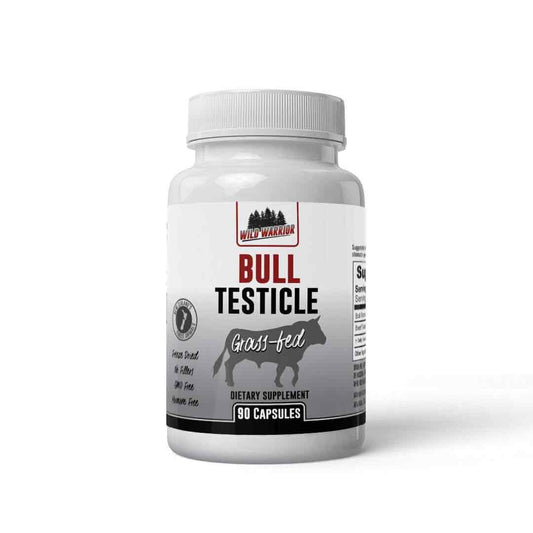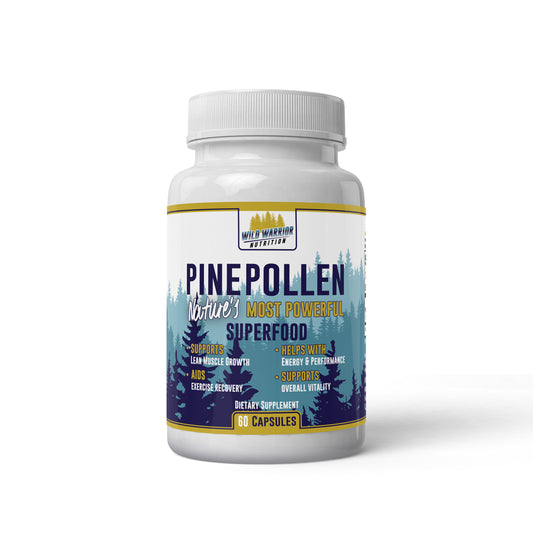Here’s the deal. Forget the fancy gym memberships and mindless treadmill sessions, they may not be the best way to protect your heart (maybe). At least that is what a groundbreaking study from 2019 suggests. What they found was that your ability—or lack thereof—to crank out 40 push-ups may predict how likely you are to suffer from heart disease. Yep, the hated push-up might just be a better indicator of your cardiovascular health than traditional treadmill tests. Intrigued? I was, I hate running.
The study, published in JAMA Network Open and conducted by researchers at the Harvard T.H. Chan School of Public Health, tracked 1,104 active male firefighters (average age 40) over a span of 10 years. These weren’t couch potatoes—they were already active men putting their bodies to work every day. The researchers had each participant attempt as many push-ups as possible in time with an 80 beats per minute metronome. The results were astonishing.
Here’s the headline stat that grabbed my attention: if you could bang out more than 40 push-ups in the test, your risk of developing cardiovascular disease (CVD) dropped by a staggering 96% compared to guys who couldn’t get past 10. Even if you didn’t hit the magical 40 mark, there was good news. Men who could hit at least 11 push-ups still saw a significantly lower risk for heart disease compared to those backpedaling around the single digits (Yang et al.).
Ditch the Treadmill?
Now, you might be wondering, “How does a bodyweight exercise like the push-up compare with fancy tests like treadmill stress exams?” Turns out, push-ups may actually be a better predictor. The researchers looked at both push-up capacity and the results of aerobic fitness tests conducted on treadmills. Shockingly, push-up ability appeared to correlate more strongly with reduced cardiovascular risk. And here’s the kicker—it’s free. Push-ups don’t cost a dime, can be done anywhere, and require no equipment other than your willingness to get down and get moving (Yang et al.).
Think about the implications here. You have another excuse not to run! No more 5ks or trying to compare who ran more miles this week with the annoying guy at work.
Treadmill tests, while useful, are resource heavy. They take time, space, and equipment—not to mention insurance usually has to foot the bill. Push-ups, on the other hand, offer a quick, no-cost measure of functional fitness, which could save us all time and healthcare dollars. Not bad for an exercise Timmy in gym class was pretending he didn’t hate.
Why It Works
What makes push-ups such a useful metric? It’s not magic; it’s science. Think of push-ups as a snapshot of your overall fitness and muscular endurance. They take strength (duh), but also engage your heart and lungs to fuel the effort.
You’re essentially taxing a whole bunch of systems at once. If your body struggles with something as straightforward as lifting itself off the ground repeatedly, it’s a potential red flag for your overall cardiovascular health. Heart disease doesn’t show up overnight—your body usually sends you a few warnings on the way. Struggling to break past single-digit push-ups could be one of them.
This finding is similar to research conducted on grip strength and mortality. Everything points to one irrefutable fact: muscle is the key to mortality.
The Caveats
Before you start chest-pounding about your last workout, it’s worth noting that the study group consisted exclusively of active, male firefighters. This means the results might not necessarily translate to women, older individuals, or those who don’t already have a base level of fitness. But don’t dismiss it outright.
Cardiovascular disease doesn’t discriminate, and the principle still stands—a stronger, fitter body generally equals a healthier heart. And guess what? You don’t need to be a firefighter to grab a floor, drop, and start testing yourself.
That said, more research is needed to generalize the findings, especially to broader populations. But the message is clear for anyone looking for a way to gauge their health without signing up for the latest overpriced health app or weekend “boot camp” scam. Push-ups are old-school, and thankfully, they still work.
In reading the study it does appear they looked into any other factors like diet, exercise, or cholesterol.
Start Small, Dream Big
The beauty of this study is highlights the beauty and importance of calisthenics. Not everyone has access to a fully equipped gym or the time for professional metabolic testing, but every single one of us can make time to drop and give ourselves 10—or as close to 10 as possible. Do that 4 times a day and you can easily hit 20.
If double digits feel unreachable today, don’t sweat it. Start at your own pace and work your way up incrementally. Read up on the Grease the Groove Method, which is perfect for something like a push-up routine and building strength over time.
What Next?
The takeaway? Don’t underestimate the power of push-ups. Whether you’re a weekend warrior or just trying to keep up with your kids at the park, these findings are your wake-up call. The push-up might seem low-tech, but it’s a high-reward way to gauge your health and possibly even save your life.
That is not to say there are no benefits to dedicated cardiovascular training. There is. But strength training maybe better for healthy aging.
Happy Training - Michael DiCroce, Founder/CEO, Wild Warrior Nutrition
Sources:
Yang, Justin, et al. “Association Between Push-up Exercise Capacity and Future Cardiovascular Events Among Active Adult Men.” JAMA Network Open, Feb. 15, 2019.
Harvard T.H. Chan School of Public Health. “Push-up Capacity Linked with Lower Incidence of Future Cardiovascular Disease Events Among Men.” February 15, 2019.





